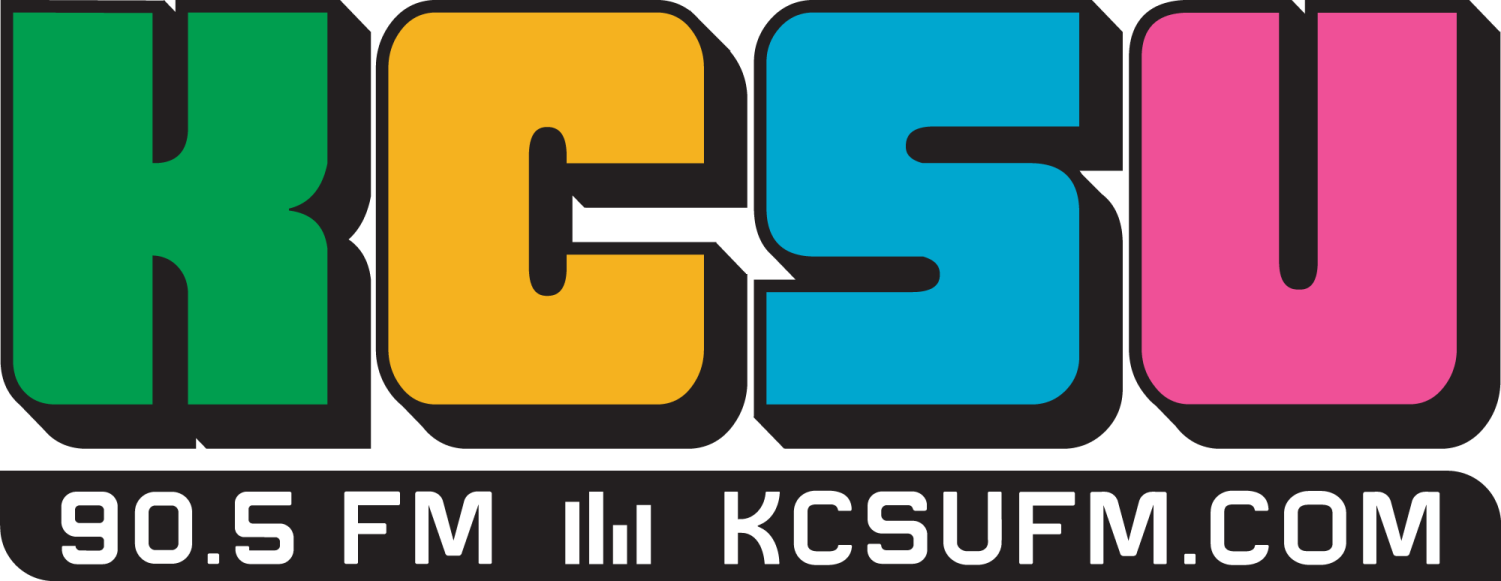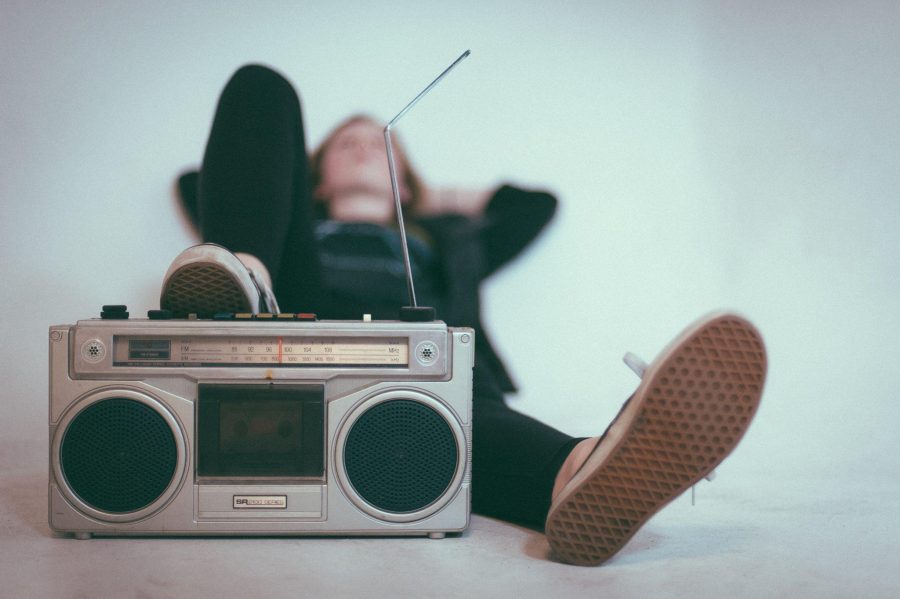By: Monty Daniel
All we ever talk about are the artists who make the music, but what about the people who have helped them get to where they are today? College radio is where many musicians, including Tegan and Sara, R.E.M. and even The Smiths got their start. Without the assistance of radio promoters and college radio as a whole, many artists would never see success, no matter how good they are. College radio provides a safe place for new artists to experiment with their sound and become comfortable with the music industry.
Tess Plummer, 24, has been working for Terrorbird Media out of Brooklyn, New York for less than two years as a college radio promoter. “I was not drawn to it,” recalls Plummer, “it drew me in.” When Plummer got into the industry, she had no clue what to expect. She had not previously worked for a radio station before, and the College Music Journal (CMJ), which many college radio stations reported charts to, has just dissolved, making it difficult for all college radio promoters. Reporting weekly top 30 and top add charts are one of the main focuses of college music directors, and promoters use these to track their artists’ progress.
With Plummer being new to the industry, it was especially stressful. She moved from Nashville to New York without a job, and started interning at Terrorbird. After her internship ended, she still did unpaid jobs within the music industry while working another job to keep herself afloat. After months of pestering Terrorbird for a job, she finally got it.
Plummer says that college radio promotions are “a tool for college students to make connections in the music industry,” and “getting artists support where they wouldn’t normally be able to get that themselves.” The people within these college radio promotions companies work directly with music directors from radio stations, the artists themselves, and other professionals within the music industry; they are the middle person who advocates for the artists when they do not know how. In addition, a few promoters say that their jobs help expose new, smaller artists to the world.
Tyler Freese, 27, from Co-Sign out of New York, has been in radio promotion for about five years. After being out of college for just two days, he was invited to work remotely for Co-Sign. Before that, Freese was the music director at Baldwin Wallace College’s radio station, WBWC. When Freese started working at Co-Sign, its main focus was on hip hop and electronic music. Now, five years later, Freese finds himself promoting a wide variety of music.
Some of his favorite artists have been Run The Jewels and Odesza, who he says he had the opportunity to meet and work with when they were still relatively small artists. Freese says that one of his favorite parts about his job is getting to watch the artists he is promoting flourish.
Co-Sign has participated in and helped with a music festival to replace the one that CMJ used to put on every year. CMJ used to allow college music directors the chance to see new artists and meet with industry professionals at their annual festival. Additionally, it let promoters meet with music directors in-person, which is how Freese met his boss at Co-Sign, and ultimately got his job. Now, South By Southwest (SXSW) hosts a music festival each March, and promoters are urging college music directors to attend. This festival has a similar goal as the one that CMJ used to put on.
Eleven years ago, Douglas Blake decided that he was fed up with working for the man, so he started his own business. He moved to Boston after being the music director at Georgia Southern University, where he majored in communications. He sent Planetary, another promotion company, a new resume every week for two months until the company called and offered him a receptionist position. Blake took the job, but only if he could also intern in the radio department. Blake started off working for Planetary a few years after he got out of college, eventually getting to do radio promotions. After about six years working there, he decided that he wanted to represent the artists he loves listening to.
Making the decision to leave his steady job and pursue his own passions was difficult, with Blake having to convince some of the artists he liked working with from Planetary to switch over to his new company, Pirate. He has been in radio promotions for around 15 years, has been through the collapse of CMJ, and now is witnessing the recent shift to digital. Blake remarked on how a lot of labels aren’t sending out physical CD’s anymore, and in the coming years, we will see the complete shift to digital.
In his profession, Blake must enjoy talking to people. Getting to know the music directors and artists is a central, important factor in doing his job well. Over the years, Blake has gotten the opportunity to bond with a wide variety of music directors and artists. According to Blake, one of his favorite artists he has gotten to bond with is Tegan and Sara. He helped and watched them grow from album to album, even becoming friends with them. He said one time when they came through Boston for a show, they hung out and saw a movie together. A few years later, Tegan saw him in a crowd and immediately ran up and hugged him, exclaiming “It’s so wonderful to see you!”
Ultimately, what it all boils down to is, as Blake puts it, “We’re all fans of music” and “As long as you can always have a conversation with somebody, I think you can always talk records and connect with them.” All three promoters said they strongly believe that radio will last over time, with Plummer saying “it’s one of the few wholesome, pure ways of discovering music.” It’s difficult to see where the future of college radio and college radio promotions lies, but one thing is certain: these promoters are passionate about their work and will fight for radio to stay alive.


